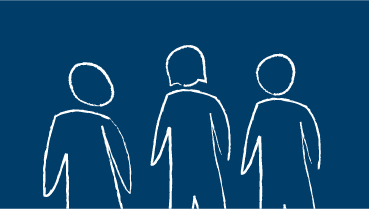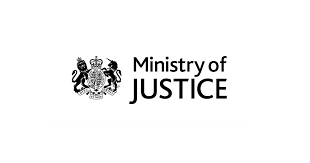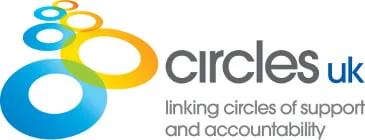Case Study B
Young People's Circle (Under 18)

In 2018, CM was referred to Circles by Glebe House Therapeutic Community Trust; a specialist therapeutic residential placement for young men aged 15 – 21 with harmful sexual behaviour (HSB). CM was about to complete his two year intervention and return to his family home in the South West. Prior to moving to Glebe House, CM had engaged in a number of incidents of HSB dating back to 2014. His victims were same aged peers of both sexes from his school and identified as being particularly vulnerable compared with other children.
CM was adopted at the age of two having experienced trauma and neglect in his birth family. Both his birth parents had learning disabilities and were assessed as unable to meet his needs. CM was diagnosed with Reactive Attachment Disorder, ADHD and Autistic Spectrum Disorder. He had self-harmed in the recent past and was taking anti-depressants. He was known to struggle with negative thoughts and low self-esteem. CM was also overweight and living a sedentary lifestyle.. The following goals were identified at the start of the Circle:
• To help CM develop his independence skills
• To help CM develop social / relationship skills
• To support CM to engage in and maintain his College placement
• To help CM avoid future harmful sexual behaviour
The Circle comprised of 4 volunteers, three females and one male. The Circle ran for 12 months in total and had 32 meetings plus reviews. Overall the volunteers had 105 hours of face to face contact with the CM and gave an additional 124 hours of their time for travel and other commitments such as volunteer supervision and training.
The Circle began in July 2018 and met weekly. Most weeks the Circle met at cafes and at other times the Circle engaged in fun activities such as bowling, trampolining and mini golf.
Initially CM struggled to make friends at college and made several poor decisions which almost led to exclusion. Relationships at home were often strained and CM’s mental health was erratic. Despite this, the Circle worked hard to develop positive relationships with CM which took time and considerable patience. Through catching the bus with him to Circle meetings, the volunteers helped CM to develop his independence skills whilst also helping build his confidence and self-esteem. The Circle supported CM to join local clubs including a local gym and encouraged him to eat more healthily.
The Circle also supported his engagement at College – the Circle Coordinator facilitating meetings with CM, his family, Social Care and college to draw up a Safety Plan which was well received by all. By the end of the Circle, CM had successfully completed his College course and was looking forward to returning the following year. His parents noted that he had a more positive outlook on life in general and acknowledged that although he still lost his temper sometimes, he apologised more quickly for his behaviour. CM had developed a genuine close friendship with an age appropriate peer from college. He was confident at using the buses to get into / out of town and was looking forward to starting part time work in the summer.
At the final review, one volunteer noted:
‘The Circle has been tough going at times but CM has done really well to complete college and improve his outlook on life. I am very proud of him.’
CM’s mother stated
‘We are very grateful to the Circle for all their input over the past year. We feel that CM has benefited greatly from the experience – particularly in regard to managing relationships’.

















